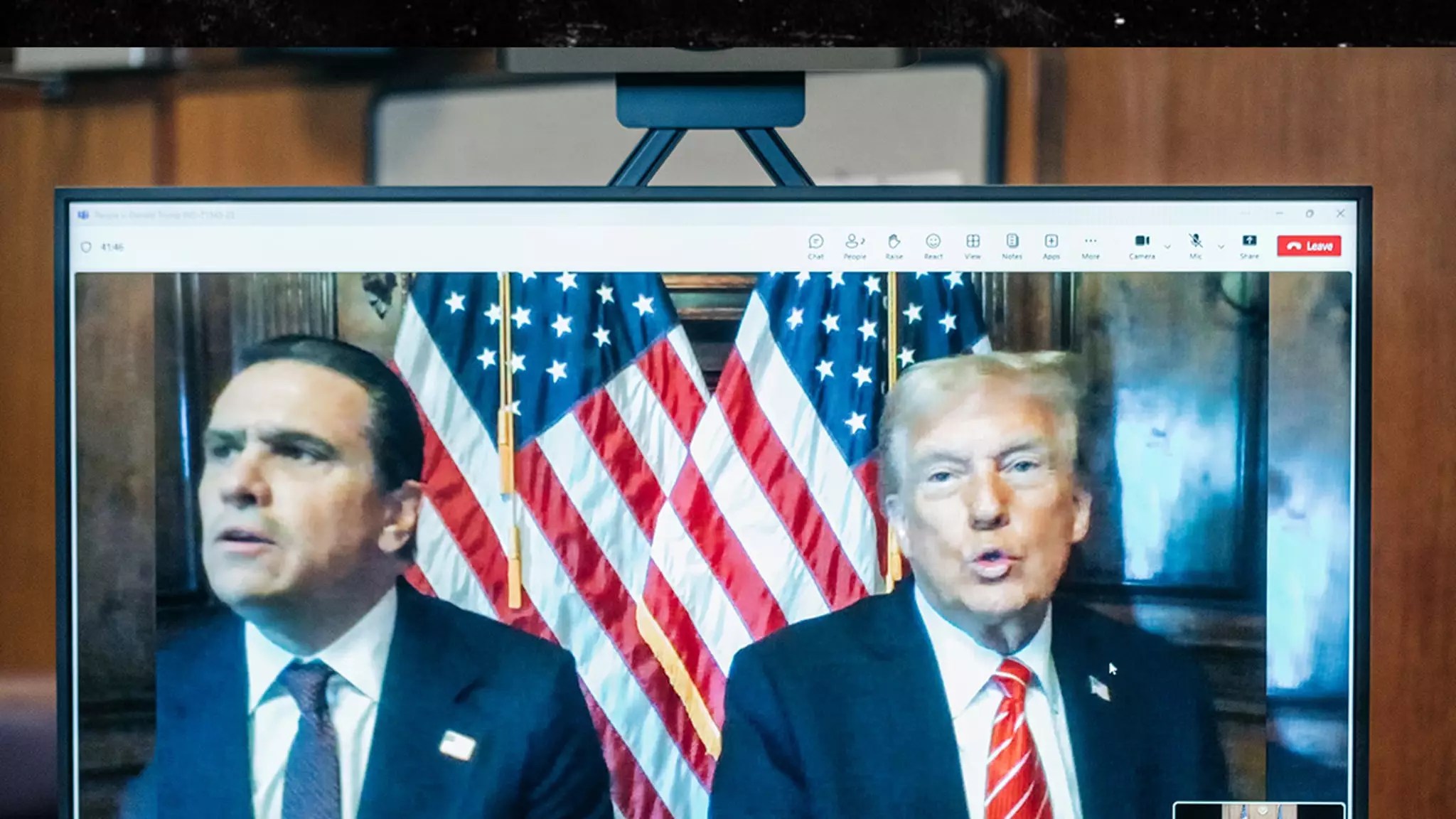In a landmark decision that may reshape the landscape of American politics, the former president, Donald Trump, found himself formally sentenced today, an event that marks the first time a convicted felon has ascended to the U.S. presidency. This morning’s hearing at a Manhattan courthouse culminated after the Supreme Court dismissed Trump’s last-minute appeal to overturn his conviction. While the proceedings brought him face to face with the consequences of his actions, Trump was granted an “unconditional discharge,” ruling that negates any immediate penalties despite his conviction.
Judge Juan Merchan, presiding over the case, previously indicated that he wouldn’t impose prison time or fines—decision-making that is seen by many as unprecedented given the gravity of Trump’s conviction on 34 counts of fraudulently altering business records. The nature of these offenses centers around hush money payments related to Trump’s alleged extramarital affair with adult film actress Stormy Daniels during the heat of his 2016 presidential campaign.
The public’s response to Trump’s legal woes has been mixed, with fervent supporters rallying around him while critics decry a double standard in political accountability. Protests outside the courthouse echoed sentiments that challenge the very foundation of presidential immunity. With signs reading, “Today’s Sentencing: Justice Delayed Is Justice Denied” and “Presidents Are Not Kings,” a group of demonstrators highlighted the ongoing debate regarding the boundaries of power held by America’s highest office.
Despite the judicial rebuff, Trump maintained his stance of innocence, asserting, “I did nothing wrong,” during the hearing. This claim of corruption and politically motivated prosecution has characterized his defense strategy over the months leading up to the sentencing. The timing of the ruling, occurring just ten days before his inauguration, raises questions about the balance of state power versus individual accountability, and whether a convicted felon can genuinely represent the interests of the nation.
Trump’s case stands as a bellwether for future political figures, indicating that even those who occupy the highest office in the land are not immune to the law. By not imposing traditional penalties such as imprisonment or fines, the court has created a complex narrative about justice and governance. While the unconditional discharge may appear lenient, it symbolically acknowledges the gravity of the conviction while simultaneously respecting the democratic process that placed Trump in office.
Ultimately, this event leaves lingering questions about the nature of justice, the implications of political actions prior to taking office, and how accountability will be viewed in the realm of American politics moving forward. The evolving perception of presidential conduct in the light of legal scrutiny may ignite discussions on reforming laws related to campaign financing, ethical standards for future leaders, and the broader definition of justice in an increasingly polarized society. This historic moment, marked by Trump’s conviction and subsequent discharge, paves the way for an introspective look at the relationship between power and accountability.







Leave a Reply